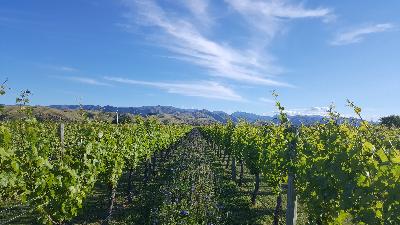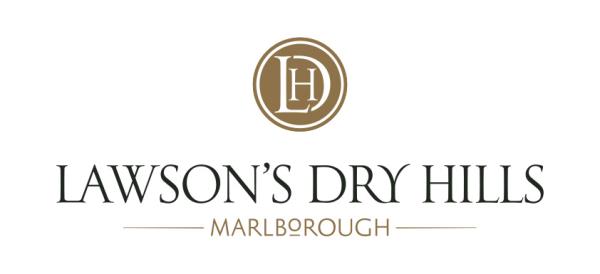
No agriculturally-sourced product whispers its reliance on the soil and environment quite like wine. Wine owes its soul to the ‘terroir’ and we know you have to repay the favour and respect the environment in return.
When a decision was taken to achieve the ISO 14001 standard, it wasn’t so much a case of needing to, but wanting to, not only to gain a further competitive advantage but to ensure we are doing all we can from an environmental management perspective. Much is spoken about the Sustainable Winegrowing NZ (SWNZ) accreditation, but ISO 14001 gets less of a mention largely because relatively few wine businesses have actually achieved it.
Sion Barnsley, our General Manager and a Director of Lawson’s Dry Hills, reflects on the decision to undertake the audit and meet the standard. “Environmental management touches every aspect of our business. From the back blocks to the front office, it requires a shared attitude on the part of every individual to manage resources wisely, reduce waste and give back to the environment”.
He also believes we have a distinct advantage, we’ve even been told we’re one of New Zealand’s best-performing wineries environmentally. “The size of our operation makes it easier, as everyone in our relatively small team shares a mindset of sustainability. Yet we’re large enough to have a lot of our own equipment including a grape harvester, a complete bottling operation and warehousing. That means you can better control these assets and use them in the smartest ways possible.”
"Our vineyard team carefully monitors machinery usage in the vineyard, helping reduce diesel consumption, carbon emissions and reliance on fossil fuels. It’s not simply a one-off attitude change. Regular review meetings unearth further initiatives as new ideas present themselves, ensuring continual improvement".
As Sion reflects, it also had to make sound business sense. “Environmental Management gives back in so many ways – not just to the environment – it also benefits your productivity and bottom line.” Here are some of the initiatives the company has completed:
• Installed 200 solar panels on the winery roof, supplying up to 30% of our needs (during the 2022 harvest period we used 54% less power from the grid than the average for other wineries our size.
• Reduced waste to landfill by reviewing our purchasing decisions, and product lifecycle and by installing recycling bins (reduction of 40% over three years).
• Purchased a special baler to crush the pallet wrap from our bottle deliveries. The bales are then sent to Auckland and returned to us as pallet slip sheets.
• Purchased a double-sided leaf plucker and we can do under-vine weeding at the same time as mowing, so reducing the number of passes.
• Purchased a new, more efficient tractor with 25% less emissions from less fuel use.
• Capturing rainwater from the winery roof using it and then recycling it – this led to a 44% reduction in the amount of water drawn from the aquifer (which is under stress), compared to the average NZ winery our size for the 2022 vintage.
• Installed a new ammonia refrigeration system in time for the 2023 harvest, negating the need for a supplementary diesel generator and removing reliance on hydrocarbons.
• Investing in a heat exchanger so the new winery refrigeration plant can heat water, replacing a diesel hot water system.
• Changed to PHEV company cars.




